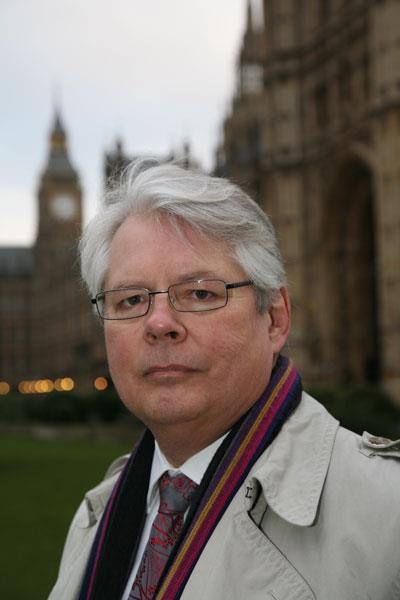
The Hub caught up with FTA chief executive Theo de Pencier (pictured) this week for his thoughts on the closure of Skills for Logistics (SfL), announced last week by its board.
“We regret the passing of SfL,” he said. “Over the years, perhaps it hasn't achieved as much for the industry as industry had hoped, but there were a lot of very dedicated and committed people that worked there and a number of the initiatives over the years have been good.
“It is sad for the individuals involved, but it's also sad for the sector.”
However, de Pencier added that perhaps the writing was on the wall for SfL, as the government is now moving towards placing training funding directly in the hands of employers.
“It was perhaps inevitable, unless there were particular work streams that SfL could pitch for and win. I think inevitably it was going to be a smaller organisation and one more akin to a normal training company if it were to survive, but unfortunately, I think it ran out of roads.”
SfL had received fixed strategic core funding since initial licensing in 2004 from the UK Commission for Employment and Skills. However, since April 2012, this core funding was replaced by project-based funding on a fully competitive basis, and SfL's board said it had struggled to replace the lost revenue since this change.
“If we look wider afield to other sectors, quite a lot of sector skills councils have gone the same way,” added de Pencier. “I suspect those that will survive will be the larger ones.”
The imminent loss of SfL from the sector will "create a vacuum", said de Pencier, because there is a “crying need” in the logistics industry for skills development.
A view echoed by CILT chief executive Steve Agg, who added that as consumer demand places more and more pressure on logistics firms for delivery requirements, it has never been more critical to concentrate on training.
“If we are to meet demand in the future, we need to focus much of our energy and time on training, developing and promoting our current workforce as well as ensuring that we attract candidates of all abilities into our exciting and expanding profession,” added Agg.











